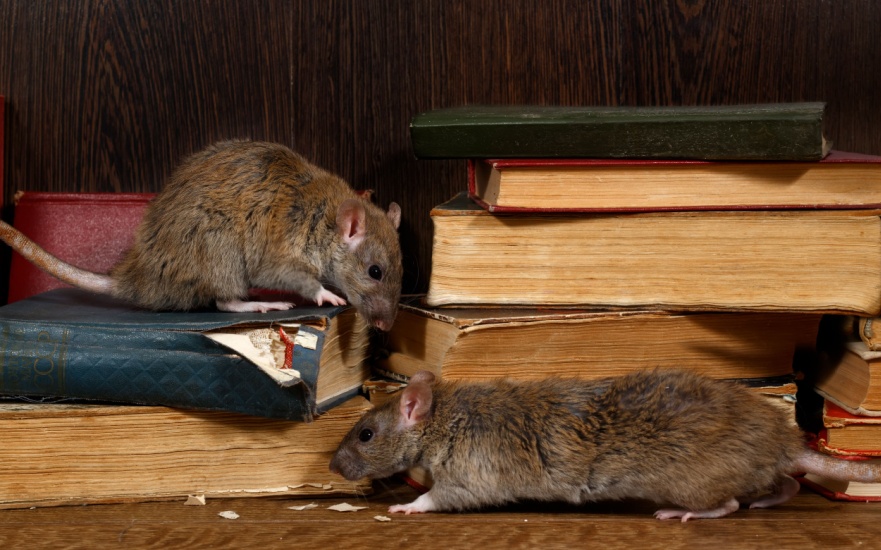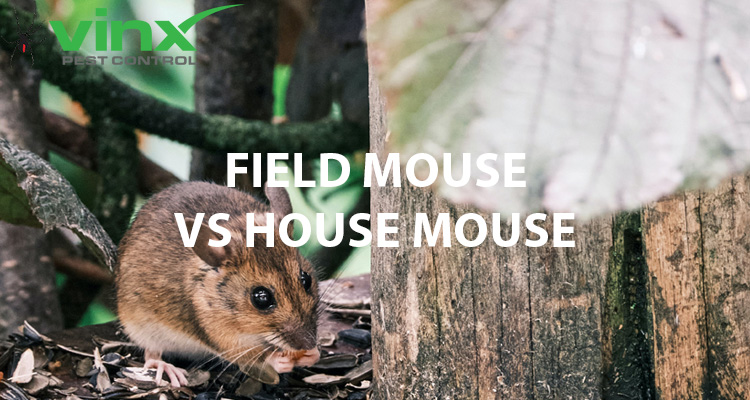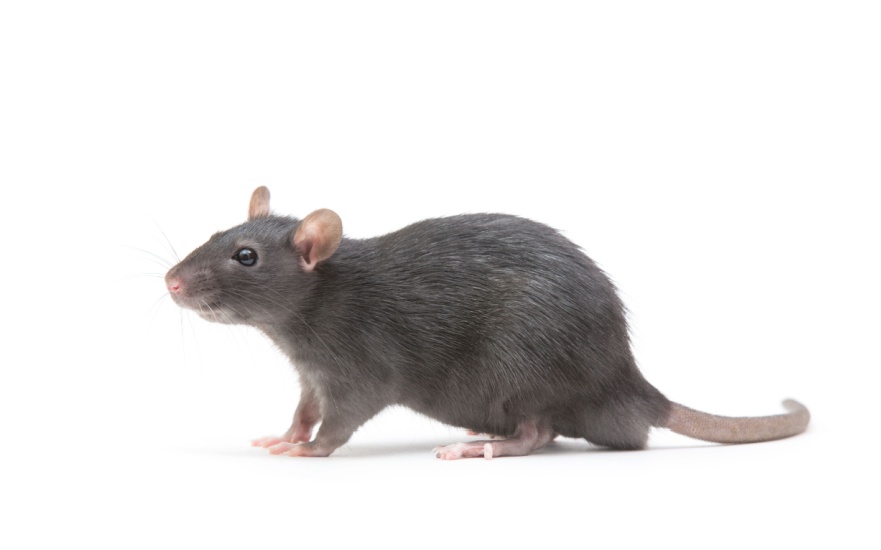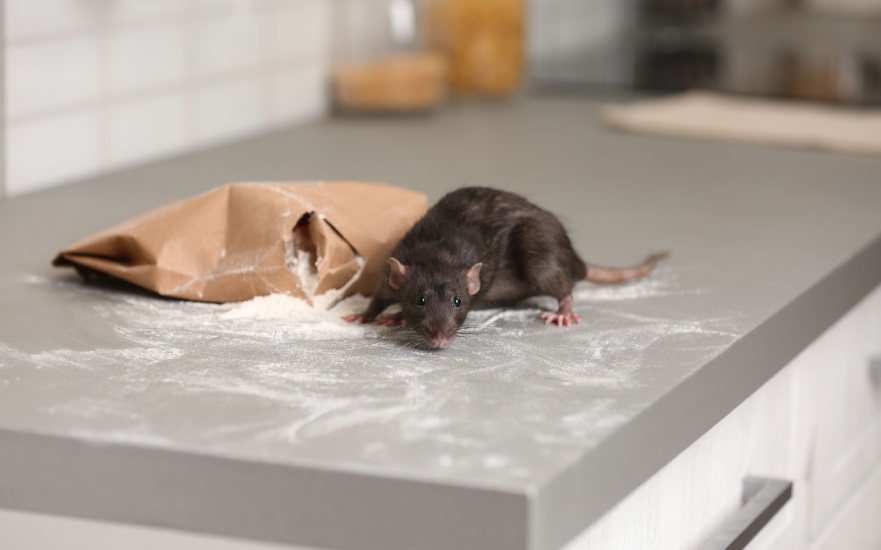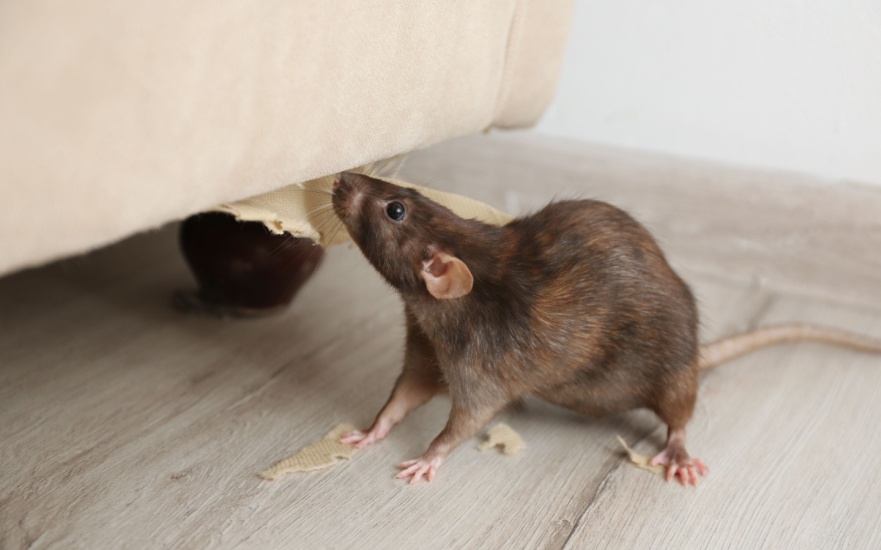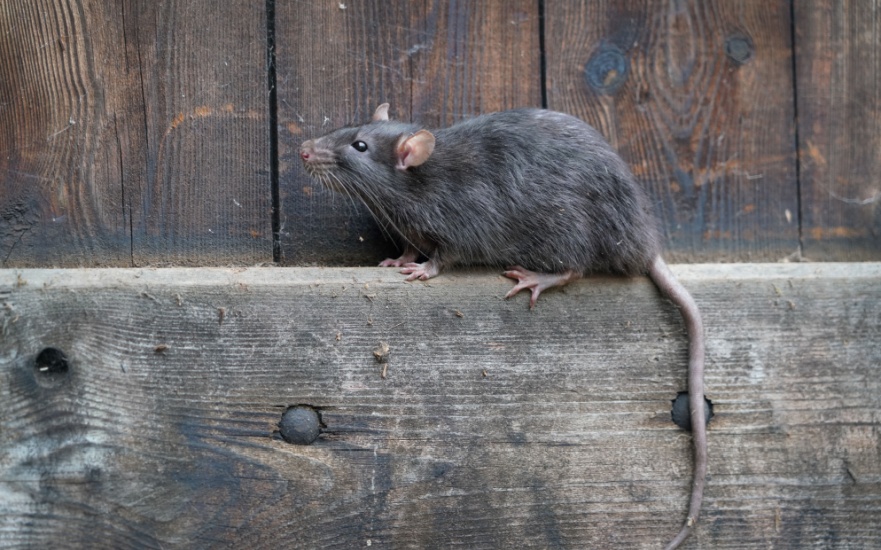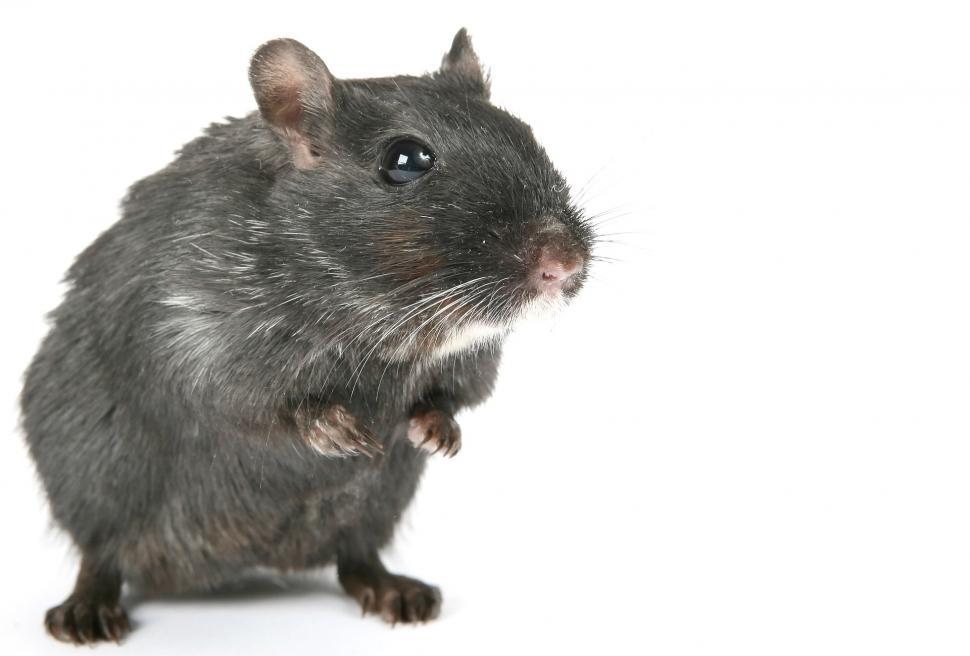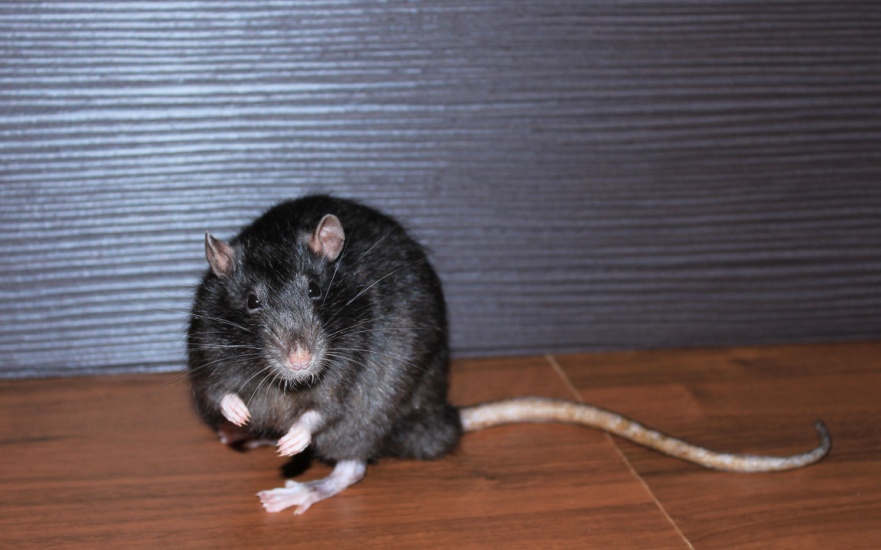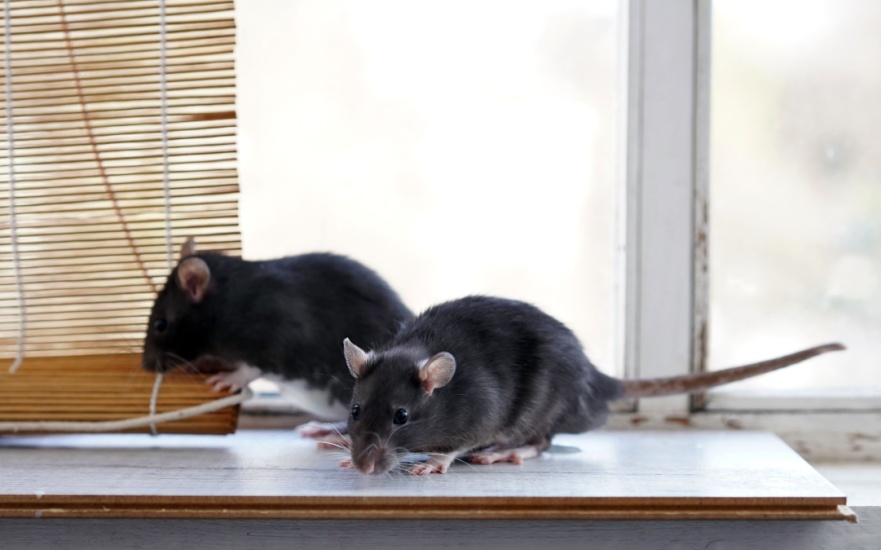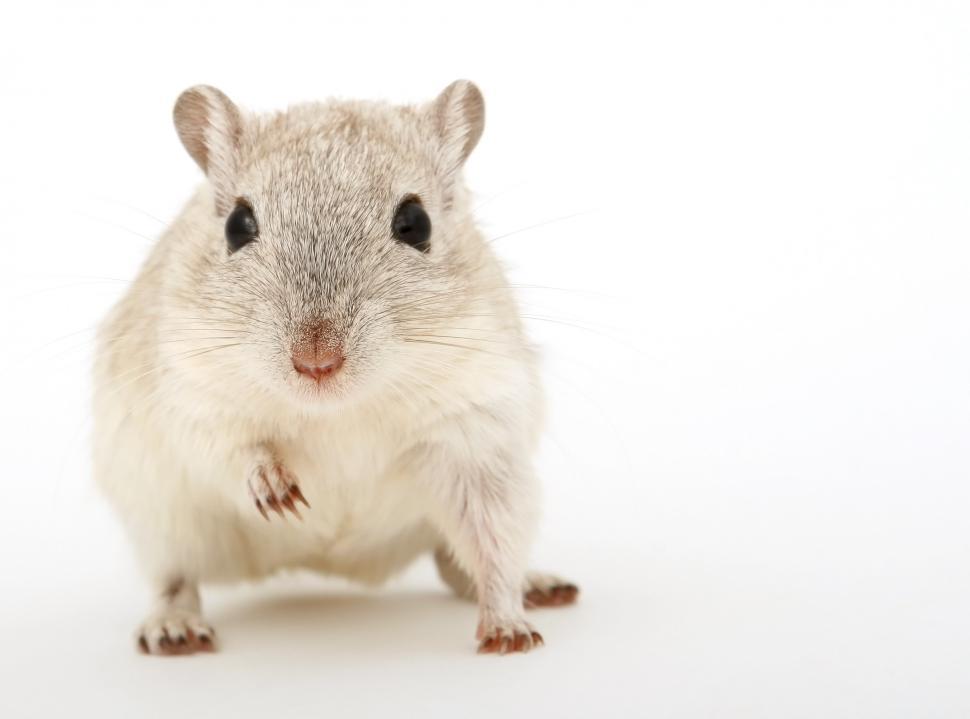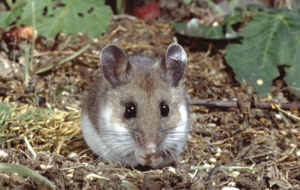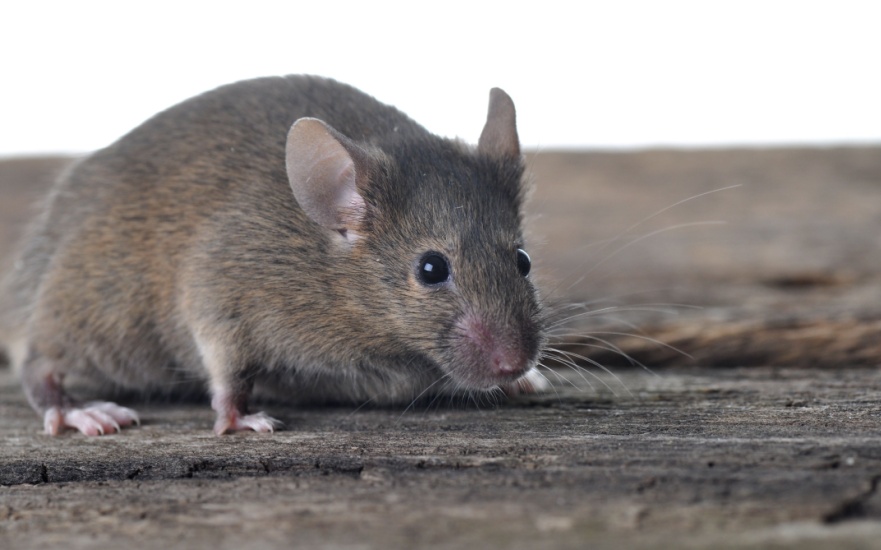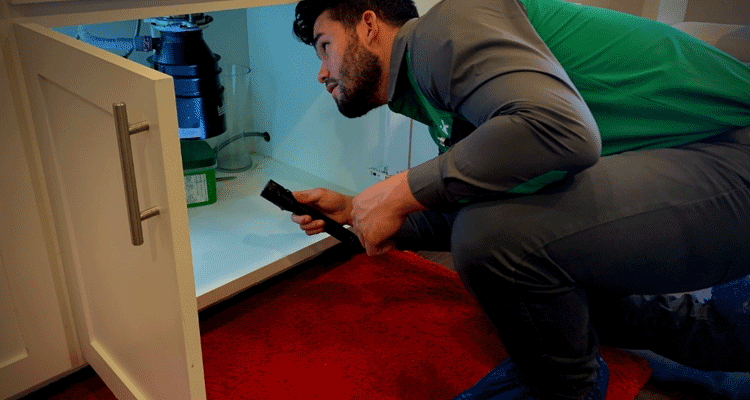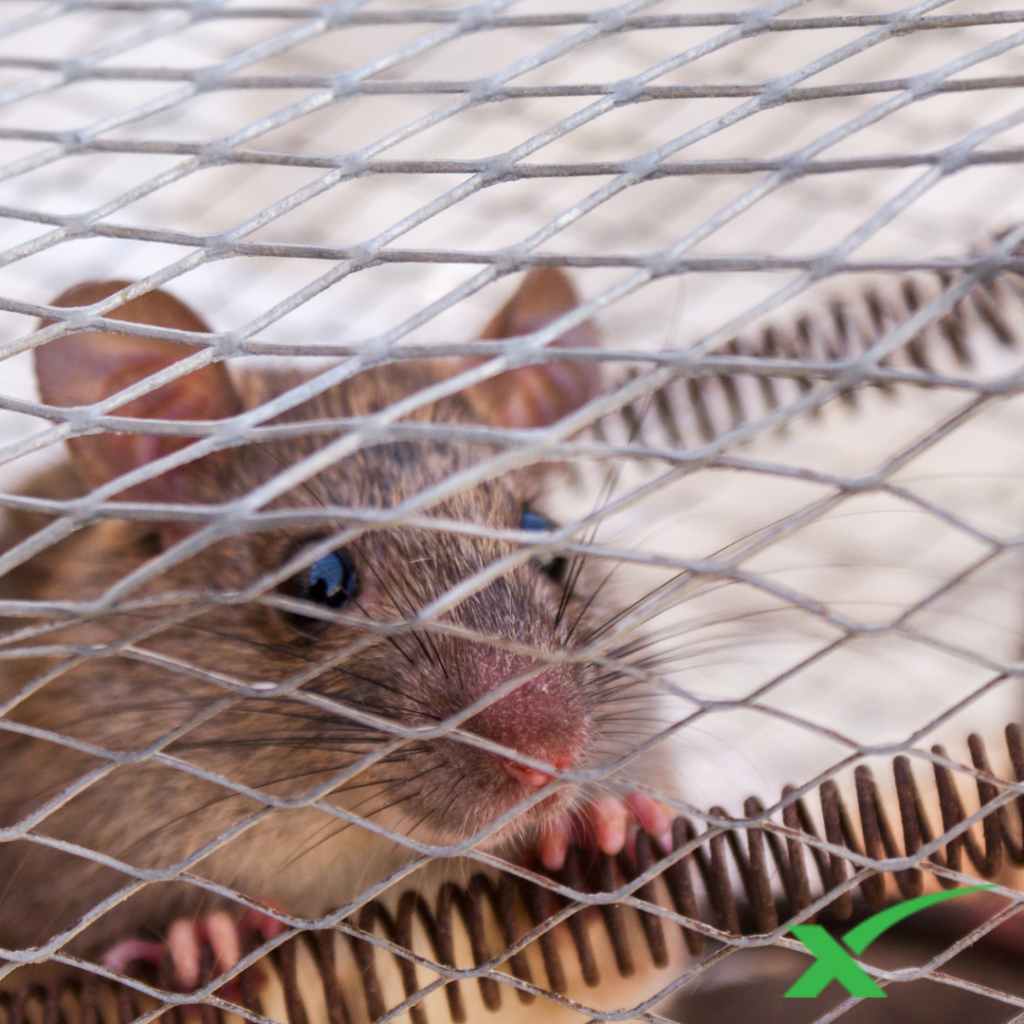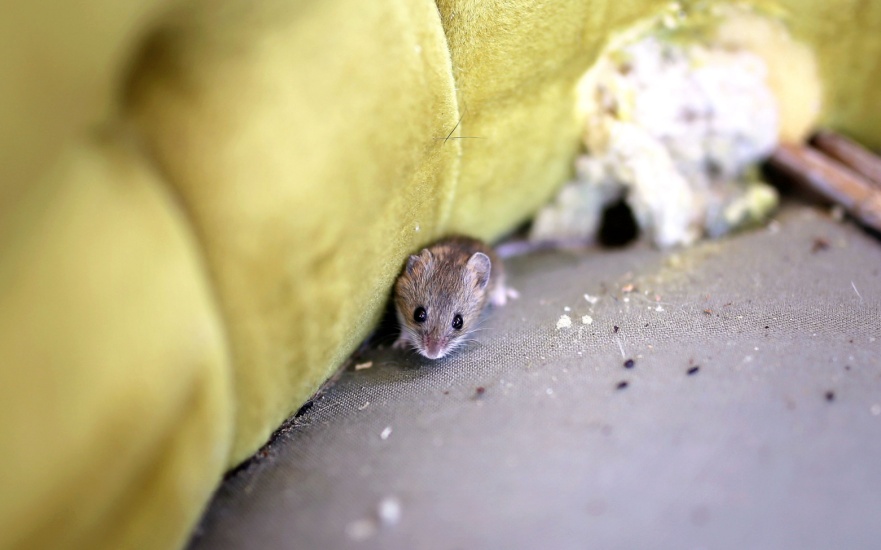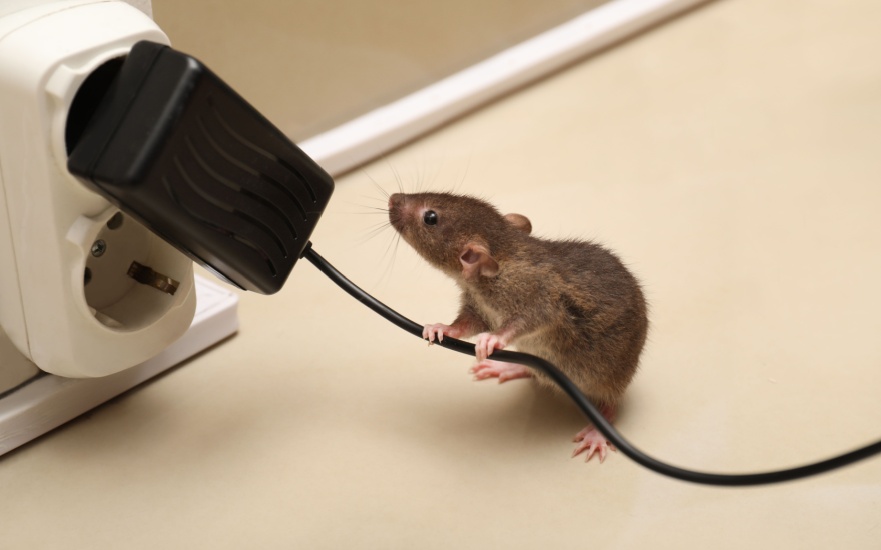Rodents in Charleston? Here’s What You Need to Know—and Why Vinx Pest Control Is the Trusted Local Solution.
When it comes to protecting your home, few problems are as frustrating and persistent as a rodent infestation. In Charleston, SC, the warm, coastal climate creates ideal conditions for rodents like Norway rats, roof rats, and house mice to thrive year-round. Whether you’re in Mount Pleasant, James Island, or West Ashley, these pests can sneak into crawl spaces, attics, and walls—bringing property damage, health hazards, and sleepless nights.
So how do you ensure fast, effective, and lasting rodent control? You work with the best rodent exterminators in Charleston, and that’s where Vinx Pest Control comes in.
Why Rodents Are a Persistent Problem in Charleston
Charleston’s geography and architectural diversity contribute to a variety of rodent challenges. Homes in historic Downtown Charleston often have older foundations, which can crack over time, creating hidden access points for Norway rats. In suburban areas like Summerville and Goose Creek, rapid development and nearby wooded areas displace rodent populations, driving them into homes.
High humidity levels also mean that rodents, which require water to survive, have no shortage of resources. Combine that with food left out, pet bowls, or open compost bins, and you’ve created the perfect storm.
Rodents chew through wiring, insulation, and wood framing—posing both fire risks and expensive repair bills. They carry diseases, contaminate food, and reproduce rapidly, making early intervention essential.

What Makes a Great Rodent Exterminator?
Not all pest control services are equal. The best exterminators combine technical skill, local knowledge, safety-first practices, and customer care. Here’s what you should expect from a top-tier provider—and how Vinx Pest Control exceeds those expectations.
1. Proven Experience with Local Rodent Behavior
Understanding how rodents behave specifically in Charleston is vital. At Vinx Pest Control, our team has years of hands-on experience with infestations across the Lowcountry, from Downtown Charleston rowhomes to marsh-adjacent properties in Johns Island.
Our technicians are trained to quickly identify not only which species is causing the problem—but also why they’re there. Are they nesting in the attic because of tree branches brushing the roof? Entering through foundation cracks? Foraging near pet food?
That local insight helps us resolve the problem faster and more effectively.
2. Comprehensive Property Inspections
Every rodent job begins with a full inspection of the property. We examine interior and exterior entry points, including:
- Foundation gaps
- Garage and door seals
- Attic vents
- Plumbing and HVAC penetrations
- Crawlspace access panels
Our Charleston rodent control experts look for droppings, rub marks, gnawed wires, nesting material, and other key signs. This detailed process allows us to pinpoint infestation sources and understand the full scope of the problem before making recommendations.

3. Customized Treatment Plans That Fit Your Home
There is no one-size-fits-all in rodent control. Homes in Daniel Island face different challenges than those in North Charleston or Ladson. That’s why Vinx creates tailored treatment strategies based on your specific conditions and infestation level.
Our plans may include:
- Mechanical traps in key locations
- Tamper-resistant bait stations around the perimeter
- Strategic placement in attics, crawlspaces, and garages
- Temporary or permanent exclusion work
We also take the time to educate you about conditions that may be attracting rodents—and how to address them.
4. Eco-Friendly, Family-Safe Solutions
Charleston homeowners are increasingly eco-conscious—and we are too. Vinx Pest Control uses products and practices that are:
- Environmentally responsible
- Safe for pets and children
- Humane wherever possible
Our team follows Integrated Pest Management (IPM) principles to minimize chemical usage and focus on prevention and long-term results. We aim to eliminate rodents without harming the environment or compromising your family’s well-being.
Learn more about our eco-friendly pest control approach.
5. Rodent-Proofing and Exclusion Services
Rodents don’t just show up—they find a way in. That’s why exclusion is a vital part of our rodent control service. After removing active pests, we seal up every access point using materials that rodents can’t chew through.
Our exclusion work includes:
- Sealing foundation cracks
- Installing vent screens and door sweeps
- Repairing soffits and fascia gaps
- Recommending long-term moisture control improvements
This proactive step is what keeps the problem from returning.

6. Ongoing Monitoring and Long-Term Support
Rodent control is not always a “set it and forget it” situation—especially in areas like Charleston where pests thrive year-round. That’s why Vinx offers follow-up visits, ongoing baiting programs, and seasonal inspections.
Many of our clients in neighborhoods like Hanahan and James Island choose to enroll in one of our quarterly pest control plans. This ensures consistent protection and allows us to adjust our approach as needed.
Check out our options for pest control plans in Charleston.
7. Top-Rated Customer Service and Communication
We know how stressful it can be to deal with a rodent issue. That’s why our team makes it a priority to:
- Show up on time
- Provide clear, honest communication
- Walk you through each step of the process
- Follow up after service
Our clients consistently praise us for our professionalism, transparency, and responsiveness—whether it’s a one-time rodent problem or an ongoing prevention plan.
8. Hyperlocal Knowledge of Charleston Neighborhoods
One of the biggest advantages of choosing Vinx Pest Control is our deep connection to the Charleston area. We’re not a faceless national brand—we live here too. We know that:
- West Ashley homes often face crawlspace issues from excess moisture
- Mount Pleasant properties near wooded areas see seasonal roof rat activity
- Goose Creek neighborhoods often encounter rodents due to rapid suburban development
- Ladson homes with dense shrubbery or aging fencing often experience burrowing
This hyperlocal insight helps us build treatment and prevention plans that actually work for your part of Charleston.

Common Rodent Warning Signs to Watch For
Rodents are excellent at hiding, but they always leave clues. If you notice any of the following, it may be time to contact a professional:
- Scurrying or scratching noises at night, especially in the walls or attic
- Chewed food packaging or visible gnaw marks on wires and furniture
- Small, dark droppings in drawers, pantries, or near baseboards
- Strong, musty odors from nesting areas
- Pets behaving strangely—barking or pawing at walls
Catching these signs early allows us to address the issue before it becomes a major infestation.
Why DIY Rodent Control Rarely Works Long-Term
While it may be tempting to try DIY traps, sprays, or repellents, most over-the-counter solutions only target a small portion of the problem. Rodents are clever, fast-breeding, and incredibly resourceful. Without a comprehensive plan that includes sealing access points, removing nests, and cutting off food sources, they’ll likely return—if they ever leave at all.
Vinx Pest Control doesn’t just remove rodents—we eliminate their ability to come back.
Charleston Areas We Serve
Our rodent extermination services cover the entire Charleston metro region, including:
- Mount Pleasant
- West Ashley
- James Island
- North Charleston
- Johns Island
- Downtown Charleston
- Daniel Island
- Summerville
- Goose Creek
- Hanahan
- Ladson
No matter where you live, we’ve already solved rodent issues in homes just like yours.
Ready to Reclaim Your Home from Rodents?
Rodents are a serious issue—but you don’t have to deal with it alone. Whether you’ve seen a mouse scurry across your kitchen floor or you’re hearing strange noises in the attic, we’re here to help.
Schedule your free rodent inspection with Vinx Pest Control today, and let our local experts restore your peace of mind.
We’re proud to be Charleston’s trusted source for rodent control—combining professional service with neighborhood-level knowledge to deliver real, lasting results.
Vinx Pest Control – Trusted Rodent Exterminators in Charleston, SC
Safe. Thorough. Local. Everything pest control should be.



